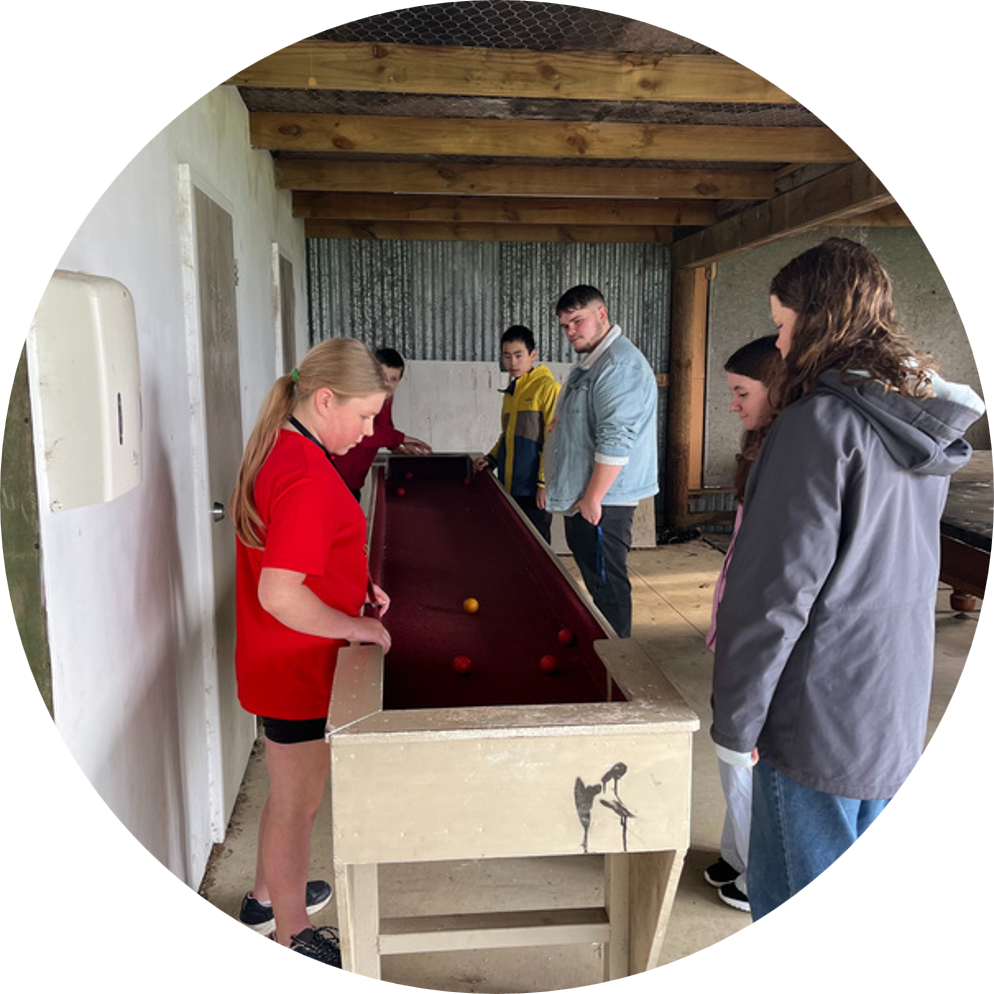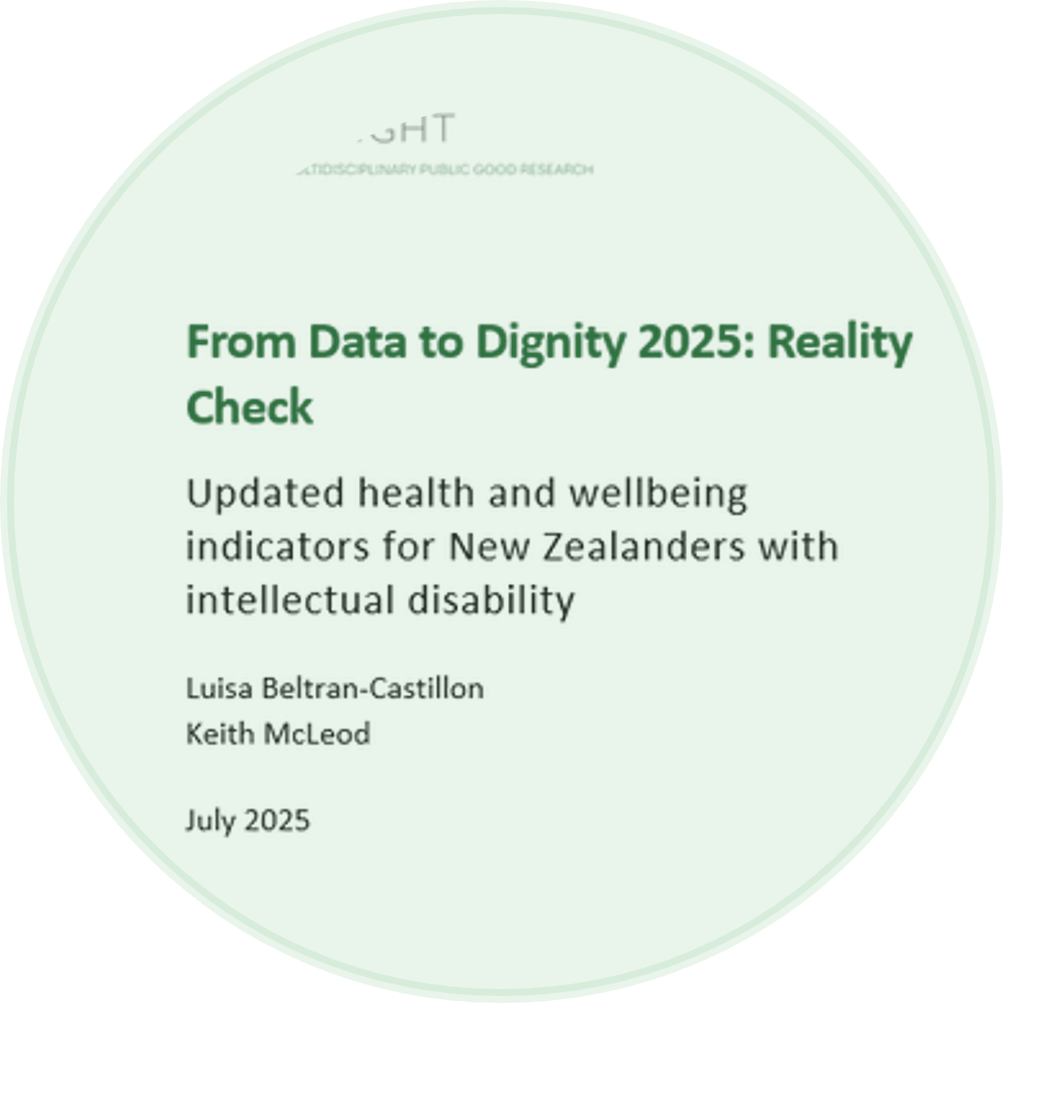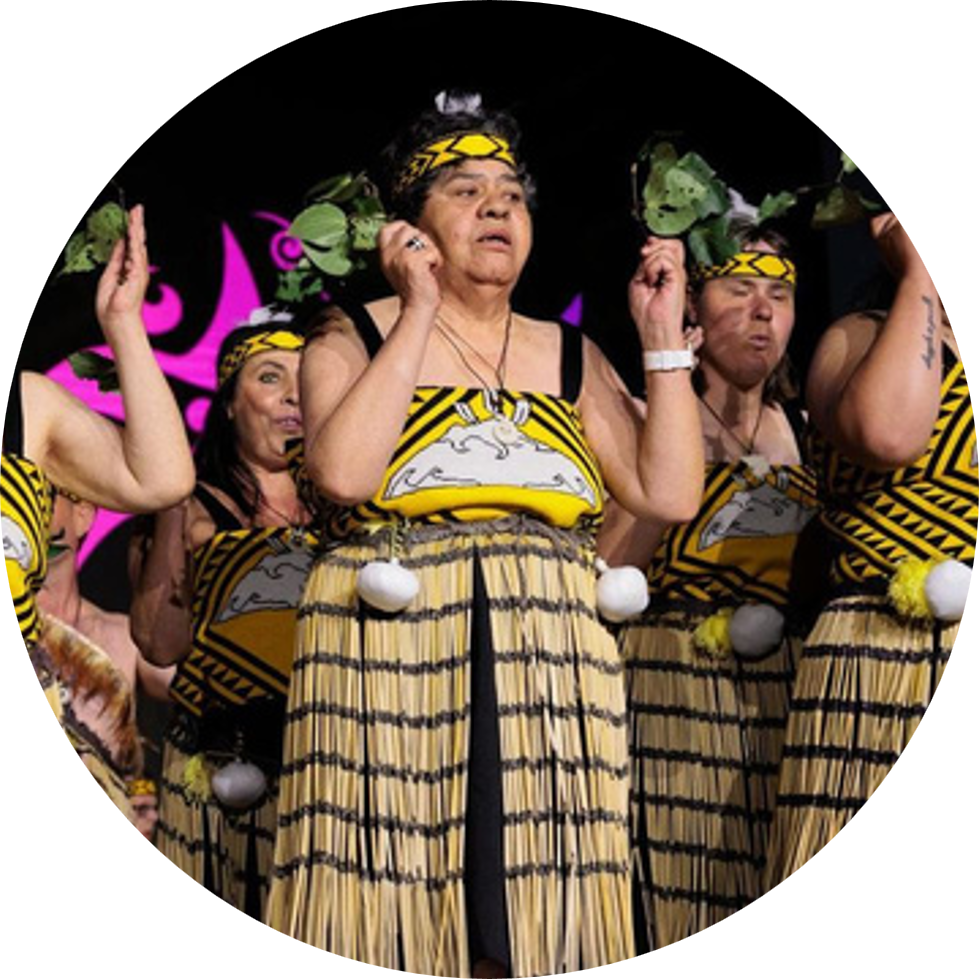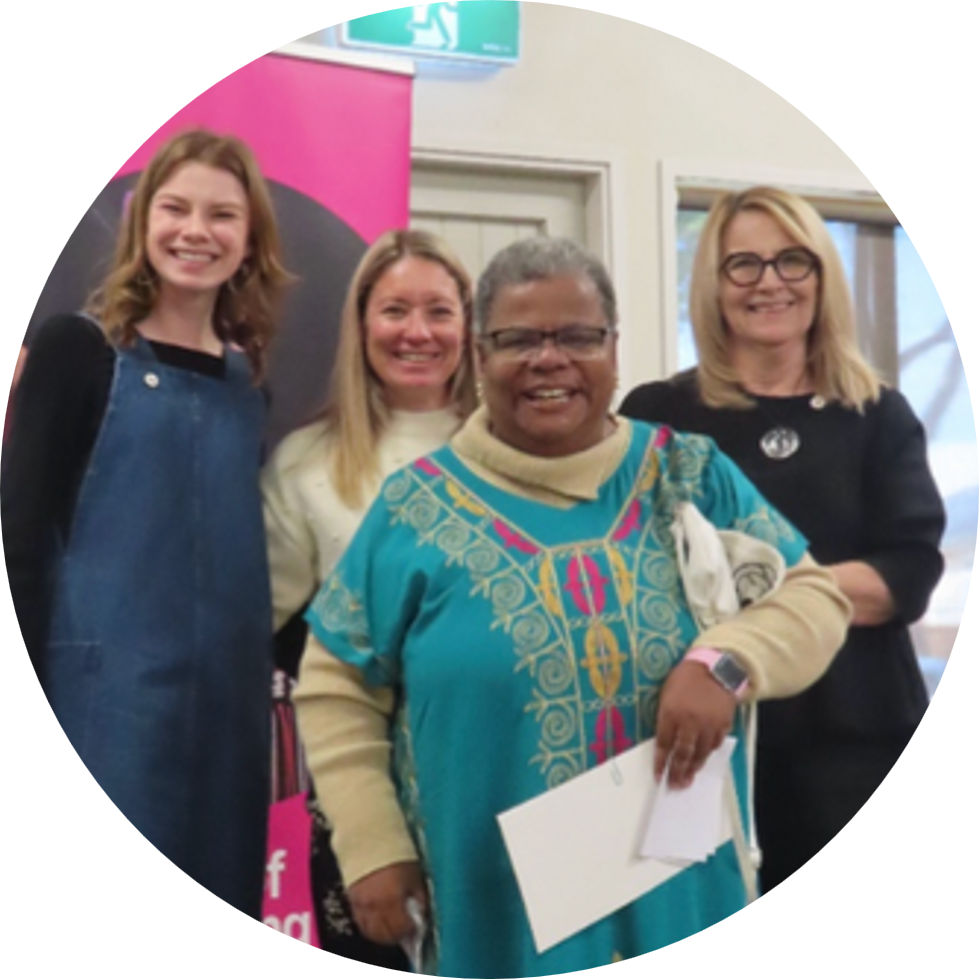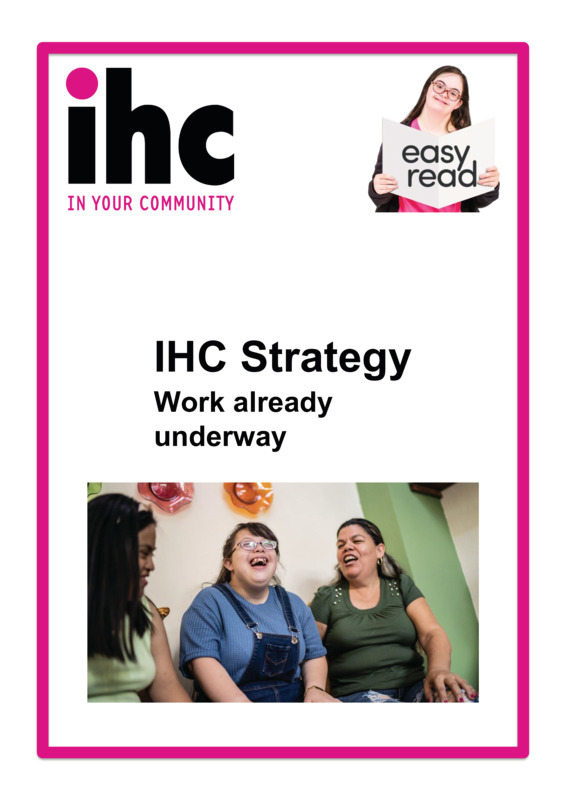IHC announced a major change before this strategy – our focus is on creating and maintaining homes for people with intellectual disability.
Over the last decade IHC has invested in social housing – housing that benefits all New Zealanders with an acute housing need, including many people with intellectual disability. We made that investment to earn a financial return. The change we have made means that we will invest in homes first and foremost for people with intellectual disability.
We have also completed a reassessment of the 600+ homes where we support people with intellectual disability – often referred to as residential services. Every home has been assessed to determine whether it is fit-for-purpose and meeting the needs of the people who live there and if not, what changes are needed. Where a home is not fit-for-purpose, we will sell it or fix it. Everyone should have a warm, safe and accessible home.
People with intellectual disability want more choice about where they live and who they live with. This requires our efforts around housing – led by IHC – to work with our communities and the people who support them. We have made changes to bring these two efforts closer together and to ensure an absolute focus on quality, safe and affordable housing for people with intellectual disabilities.


